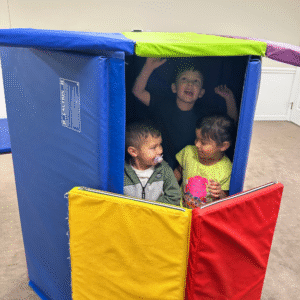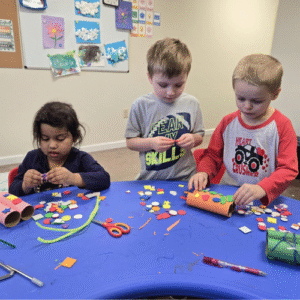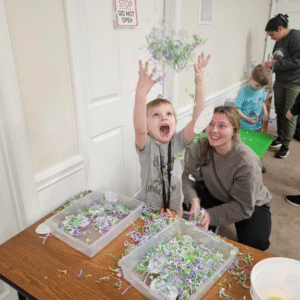What is ABA?
Empowering Lasting Change with Evidence-Based ABA Therapy
Applied Behavior Analysis (ABA) is an evidence-based therapy focused on understanding and improving human behavior by reinforcing positive skills and reducing challenging behaviors. At SEBS, we use ABA to help individuals of all ages and abilities reach their fullest potential through personalized interventions that foster lasting, meaningful changes.
Our ABA programs emphasize practical, real-life skills—such as communication, social interactions, and daily independence—that directly translate into success at home, in schools, and throughout the community. We partner closely with caregivers, ensuring strategies extend beyond therapy sessions and generalize into everyday life. Whether developing early foundational skills, enhancing vocational readiness, or promoting social interactions, our individualized approach empowers every learner to thrive in their unique environment.




Areas ABA Therapy Can Help
ABA therapy is highly adaptable and effective across a variety of essential life areas, including:
Communication Skills
Enhancing verbal communication, language development, and effective use of alternative or augmentative communication systems.
Social Skills
Developing social interactions, cooperation, friendship-building, and positive peer relationships.
Community Engagement
Enhancing skills for safe, meaningful participation in community settings, such as parks, stores, workplaces, and social gatherings.
School Readiness
Building foundational skills for successful transitions into educational settings, including group participation, following routines, and early academic abilities.
Vocational & Employment Skills
Supporting job readiness, vocational training, workplace communication, and employment-related skills.
Daily Living Skills
Promoting independence in tasks such as self-care, hygiene, meal preparation, and household chores.
Behavior Management
Reducing challenging behaviors through proactive, positive reinforcement strategies and structured intervention plans.
